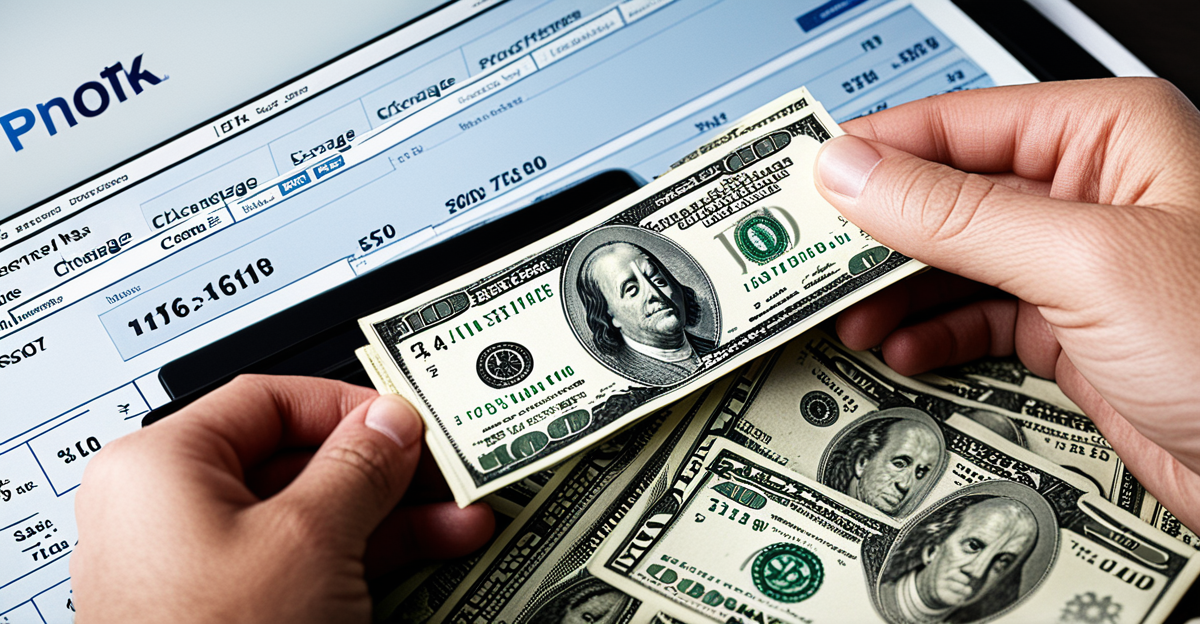The Relationship Between Foreign Exchange Rates and UK Property Values
Understanding how foreign exchange rates impact UK property values is crucial for international investors. When the currency of the investor’s home country weakens against the British pound (GBP), the relative cost to buy UK property increases. Conversely, if the GBP weakens, UK properties become more affordable for foreign buyers, potentially driving up demand and pushing prices higher.
Currency fluctuations significantly influence property price trends. For example, a strong GBP often suppresses foreign purchasing power, which can slow price growth or even cause decreases in certain market segments. In contrast, when GBP softens, foreign investors may flock to UK real estate, considering it a cost-effective opportunity, thus stimulating price rises.
Also read : How is technology transforming property valuation in the UK?
The perspectives of domestic and foreign investors also diverge due to currency effects. Domestic buyers focus on local economic fundamentals, while foreign investors weigh currency costs heavily. This dynamic means that shifts in exchange rates can alter demand patterns, impacting overall property value trends variably depending on the mix of buyers in the market. Understanding these currency fluctuation impacts aids investors in making more informed decisions regarding timing and valuation.
Effect of Currency Changes on Investment Returns and Risks
Currency fluctuations directly affect investment returns on UK property for foreign investors by altering the value of rental income and capital gains when converted back to their home currency. For example, if the GBP strengthens after purchase, foreign investors may see enhanced returns due to favorable currency conversion. Conversely, a weaker GBP can reduce overall gains and even result in losses when exchanging income or sale proceeds.
Also read : What Are the Potential Challenges Facing the UK Real Estate Market Now?
This introduces significant currency risk—the possibility that adverse exchange rate movements diminish profits. Volatile foreign exchange rates can lead to unpredictable rental yields and impact the attractiveness of UK property as an investment. For instance, a 10% depreciation in the investor’s home currency relative to GBP can boost returns, while the opposite scenario can erode value.
Understanding these risks helps investors prepare better. Currency risk means returns are influenced not only by the property market but also by fluctuating exchange rates. Awareness of this dual risk factor emphasizes the importance of factoring currency movement into financial planning alongside traditional property market evaluation.
Key Drivers of Foreign Exchange Rate Fluctuations
Understanding the exchange rate drivers is vital for anticipating how foreign exchange rates affect UK property values. Key economic factors include inflation rates, GDP growth, and employment data in the UK and abroad. For instance, stronger UK economic performance typically boosts the GBP, making UK property more expensive for foreign buyers. Conversely, weaker indicators tend to depress the currency.
Political events also play a crucial role. Brexit developments and regulatory changes often create volatility in GBP exchange rates. Interest rate changes set by the Bank of England influence currency strength, with higher rates attracting foreign capital, thus appreciating the GBP.
Global real estate trends further impact currency volatility. If international investors shift focus towards UK property due to market conditions elsewhere, this demand can strengthen the GBP. In contrast, if global markets face uncertainty, currency fluctuations can intensify due to shifts in investment flows.
Recognizing these economic factors helps investors better understand the dynamic nature of the GBP and how currency fluctuation impact emerges. Closely monitoring these drivers allows for more informed decisions about timing entry or exit in the UK property market.
The Relationship Between Foreign Exchange Rates and UK Property Values
Foreign exchange rates directly influence UK property values by altering the purchasing power of international buyers. When the British pound strengthens, foreign investors find UK properties more expensive, potentially dampening demand and stabilizing prices. Conversely, a weaker GBP lowers the cost for these buyers, often increasing interest and driving property values upward. This currency fluctuation impact can cause notable shifts in market dynamics.
Currency changes also affect price trends differently depending on the buyer type. Domestic investors prioritize local economic factors, whereas foreign investors closely monitor exchange rates since these determine their actual investment cost. For instance, a sudden appreciation of the GBP may reduce foreign demand, while depreciation can boost it.
Understanding this interplay helps assess how exchange rates influence property values and market activity. Since currency volatility responds to broader economic and political events, these fluctuations can result in short-term swings within property valuations, particularly in segments heavily reliant on overseas investment. Thus, exchange rate movements add a vital layer of complexity when evaluating UK property value trends.
The Relationship Between Foreign Exchange Rates and UK Property Values
Foreign exchange rates directly affect the relative value of UK property for foreign investors. When the pound strengthens against an investor’s home currency, UK properties become more expensive, reducing buying power. Conversely, a weakening GBP lowers purchase costs, increasing demand and often causing price increases. This currency fluctuation impact shifts market dynamics considerably.
Property price trends reflect these movements. A strong GBP can cool foreign interest, dampening price growth or causing stagnation in segments relying heavily on overseas buyers. If the currency weakens, foreign demand typically surges, pushing up property values due to increased competition.
Domestic and foreign investors perceive value differently. Domestic buyers focus on local economic fundamentals, less sensitive to currency shifts. Foreign investors, however, weigh exchange rates heavily since these influence their actual cost and returns. This divergence means currency fluctuations can alter the overall buyer mix, thus affecting UK property prices in varying ways. Understanding this relationship helps investors gauge how currency fluctuation impact drives demand and value changes in the UK property market.







